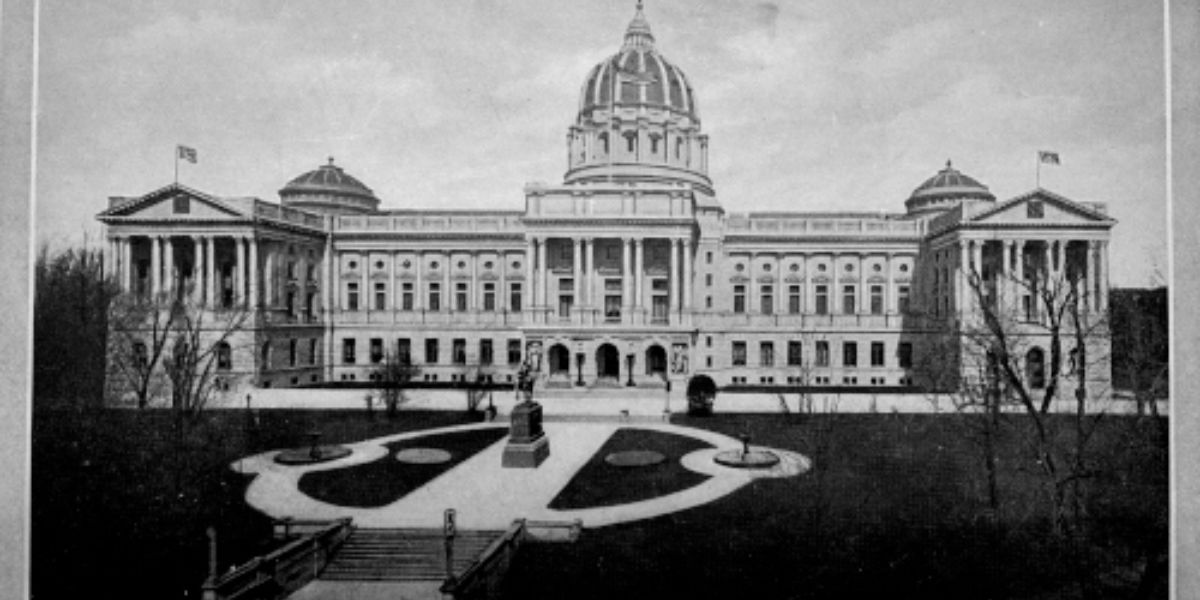Governor Josh Shapiro of Pennsylvania is pushing for a major change in how energy projects are handled in the state. His new plan aims to speed up the process of approving and building energy projects, with a focus on clean energy sources like electricity, hydrogen, and sustainable aviation fuel. This move is part of an effort to help Pennsylvania become a leader in energy production, meet growing energy demands, and attract more investment.
The governor’s plan includes creating a new state board that would be responsible for making the permit process faster and easier. The idea is to cut down the time it takes to approve energy projects, allowing them to get off the ground more quickly. Along with speeding up permits, the proposal also includes offering tax breaks to energy companies. These tax incentives are meant to encourage businesses to invest in cleaner energy options and create new jobs.
Key Points of Governor Shapiro’s Energy Plan
Governor Shapiro’s plan is designed to help Pennsylvania meet the increasing demand for energy while lowering electricity costs. As energy needs grow, the state is facing challenges in keeping up with these demands. The governor believes that by encouraging more energy production, Pennsylvania can make sure that energy prices don’t rise too much.
The plan includes offering significant tax incentives to companies that produce electricity, hydrogen, or sustainable aviation fuel. Here’s a breakdown of the key incentives:
- Electricity Production: The state would offer up to $100 million per year to help power plants build and expand. This money would be used to support clean energy sources like wind and solar power.
- Hydrogen Production: Hydrogen is seen as a key part of the future of energy. The plan includes offering up to $49 million for companies that produce hydrogen, which can be used as a clean energy source for industries and transportation.
- Sustainable Aviation Fuel: The state also wants to encourage the development of sustainable aviation fuel. The governor is proposing a $15 million fund to help companies produce cleaner fuel for airplanes, reducing the carbon footprint of air travel.
Political Tensions Over Natural Gas
While Governor Shapiro’s plan has the potential to bring many benefits, it’s not without its challenges. Some Republican lawmakers in Pennsylvania argue that the proposal could limit the growth of natural gas production in the state. Pennsylvania is one of the largest producers of natural gas in the U.S., and some lawmakers worry that focusing too much on renewable energy sources could hurt the natural gas industry.
These lawmakers believe that natural gas is an important part of Pennsylvania’s economy and that the state should continue to invest in natural gas alongside cleaner energy sources. They argue that the transition to cleaner energy should be done carefully to make sure it doesn’t hurt jobs or economic growth in the natural gas sector.
What Happens Next?
For the governor’s plan to become a reality, it needs to be approved by the state legislature. Lawmakers will have to debate the proposed tax incentives and decide whether they are willing to approve the funding. Some Republicans may push for changes to the plan to make sure it also supports natural gas production.
If the plan moves forward, it could help Pennsylvania attract more energy investment, create jobs in the clean energy sector, and ensure that the state is ready to meet future energy demands. However, it will be important for lawmakers to find a way to balance the need for renewable energy with the economic importance of natural gas.
Conclusion
Governor Josh Shapiro’s push to fast-track energy projects in Pennsylvania is an ambitious plan that aims to boost the state’s clean energy future. With tax incentives for electricity, hydrogen, and sustainable aviation fuel production, the proposal has the potential to create jobs and help reduce energy costs. However, it faces political challenges, especially concerning its impact on the natural gas industry. As lawmakers discuss the proposal, it will be important to find a way to support both renewable energy and the natural gas sector for a balanced and sustainable energy future in Pennsylvania.
(Source : wkok.com)




